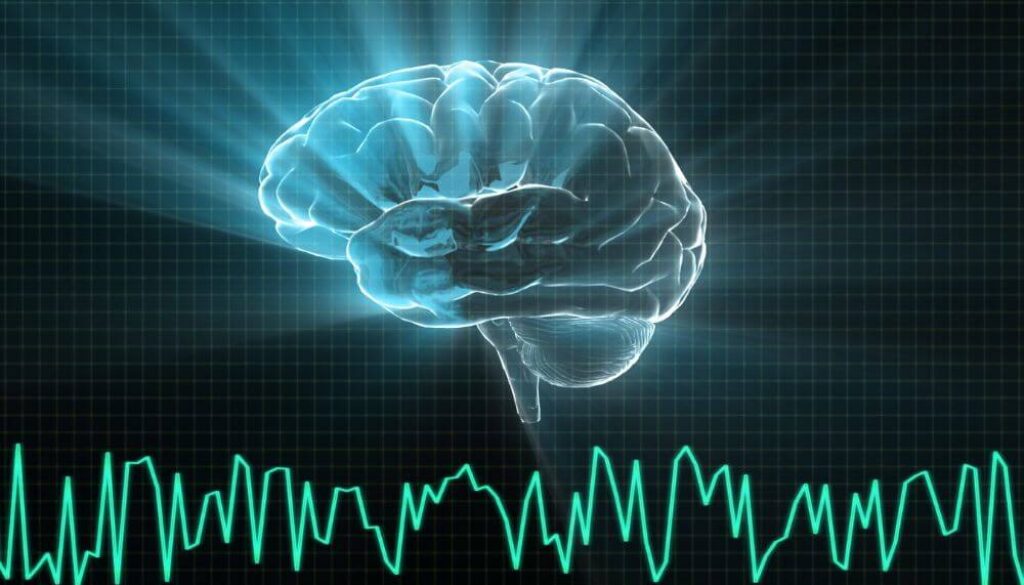Music Sets You Free!
By Aparna Mele MD
Age is the strongest risk factor for dementia, because brain atrophy is a typical phenomenon of normal aging. But not just brain structure impacted, as aging also profoundly affects brain functioning and associated behavior, especially executive and working memory. Yet, healthy aging, i.e., staying physically, socially, and cognitively active in combination with optimal management of health risk factors, like cutting alcohol or sugar, may delay dementia onset.
Music is a universal language that can elicit profound emotional and cognitive responses by engaging a diverse network of brain regions and circuitry, including sensory-motor processing, cognitive thinking, memory stores, and emotion. Music training can bring about both structural and functional changes in the brain, and has been shown to manifest positive effects on social bonding, cognitive abilities, and language processing. Most recently, in an intriguing study published in Science Direct in June 2023, music interventions in 132 healthy older adults enhanced cerebellar grey matter and auditory working memory, despite general brain atrophy.
Swiss researchers recruited 132 people aged between 62 and 78. All participants were retired, and none had ever taken music lessons for longer than a six-month period at any point in their lives. This is because they were isolating people whose brains did not yet show any traces of plasticity linked to musical learning, as this might have biased the results. The participants were split into two groups. One had piano lessons, while the other took part in what the authors called “musical culture” classes – these comprised musical analysis and appreciation, music theory, and elements of music history, but not actually making music (e.g., through singing or clapping). In both cases, the classes were for one hour per week. They were expected to practice or complete homework for 30 minutes per day, five days a week. The study lasted for one year, and the participants were also followed up six months later.
After 6 months, neuroimaging revealed an increase in grey matter in four brain regions involved in high-level cognitive functioning in ALL participants, including cerebellum areas involved in working memory. Their performance increased by 6 percent and this result was directly correlated to the plasticity of the cerebellum. Gray matter volume in the right primary auditory cortex – which is important in sound processing – did decline in the music theory group, whereas it remained stable in the piano group. Other factors, like the amount of time spent practicing, did have an impact on participants’ results as well.
It seems that both playing and listening to music can be a fun and drug-free way of mitigating again brain atrophy and promoting better cognitive health in an aging population. So consider kicking off the new year with music lessons and start getting serious about musical appreciation for your neurocognitive longevity!
References:
Damien Marie, Cécile A.H. Müller, Eckart Altenmüller, Dimitri Van De Ville, Kristin Jünemann,
Daniel S. Scholz, Tillmann H.C. Krüger, Florian Worschech, Matthias Kliegel, Christopher Sinke,
Clara E. James,
Music interventions in 132 healthy older adults enhance cerebellar grey matter and auditory
working memory, despite general brain atrophy,
Neuroimage: Reports, Volume 3, Issue 2, 2023, 100166.



